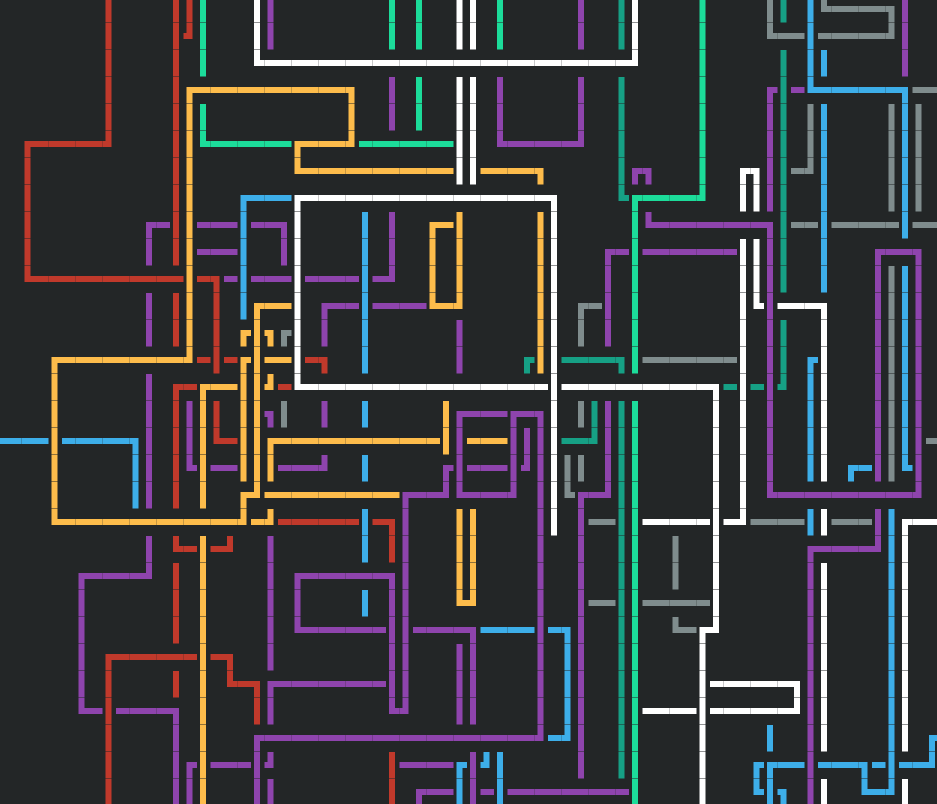Been daily driving Arch for 6 months now, but considering moving back to Debian. Not really taking full advantage of the Arch pros
While a bleeding-edge kernel is great, I don’t particularly need it. pacman is nice, but apt gets the job done too. Has anyone else switched from Arch to @debian? If so, did you miss anything from Arch that Debian couldn’t replicate?
I ran EndeavorOS (easy arch) switched to MxLinux to get back to “Debian” style OS. Decided I needed stability over Bleeding edge. Apt is my go-to and is what I am comfortable with. Might just not be an “I use arch btw” kind of person.
I’ve been surprised by the ease of use and stability of MX Linux, they also maintain a repo with some key packages updated, like Firefox. It’s Debian Stable with a few tricks up its sleeve.
Debian stable + flatpaks is a great combo. Sometimes I still wish some packages were more recent (not fun when yt-dlp starts breaking), sometimes I’ve been let down by their oldness in Debian Testing, and even Unstable (wanted to test Plasma 6 for instance). Overall I’m happier that there’s way more stuff in the official debian repos I would have to use AUR for otherwise.
@pipes Yeah it’s biggest pro is also its con and where the reputation of Debian’s stability comes from.
I was using Plasma 6 Wayland 3 months ago in Arch and half my desktop apps were busted. Discord was so bad that I had to use X11.
I was newer to Linux desktop then so I spent so long thinking the problem was with me and trying to figure it out. Wayland Nvdia stability has seemed to settle down a lot though.
I’ll miss Wayland 6 as it’s really nice on high refresh displays but I think it’s a reasonable trade off for stability, and it’ll eventually be back.
Also, don’t forget Debian testing. Once you are comfortable or gain enough experience to move closer to not-that-stable, or, if you have spare machine/harddisk to try now, Debian testing is a very good balance between stable and unstable. I know many people against it, so just my opinion and I am happily use it as my main desktop as well on my home sever for 10+ years. Again I am IT person and rare case it does breaks. if you ever want to try some new packages, there is Debian testing.
This is a fine strategy if you have very old or relatively well established hardware. But if your hardware choices are bleeding edge you’ll either have to run custom kernels in Debian or necessary repos to get them fully functioning. Not always a problem for most Linux users but I remember trying to use Debian when the 7900 XTX came out and it was not a good time to get it fully supported on Stable. Unstable and Testing Debian? Absolutely. But at that point you are basically recommending the Debian version of Arch.
The only thing I miss from Arch is the simple packaging structure.
On Debian, you often have to install additional packages to get all functionality you need out of a software. On Arch, everything that belongs to that software is included in the package.
So Debian’s huge number of packages in the main repos are also a bit misleading, cause often they are split up into 10 packages for what would be 1 on Arch.
In practice, I had about the same amount of issues with software I need that’s missing in the repo on both distros.
But on Arch, the missing package is definitely in the AUR, while on Debian you’ll need a Flatpak.




